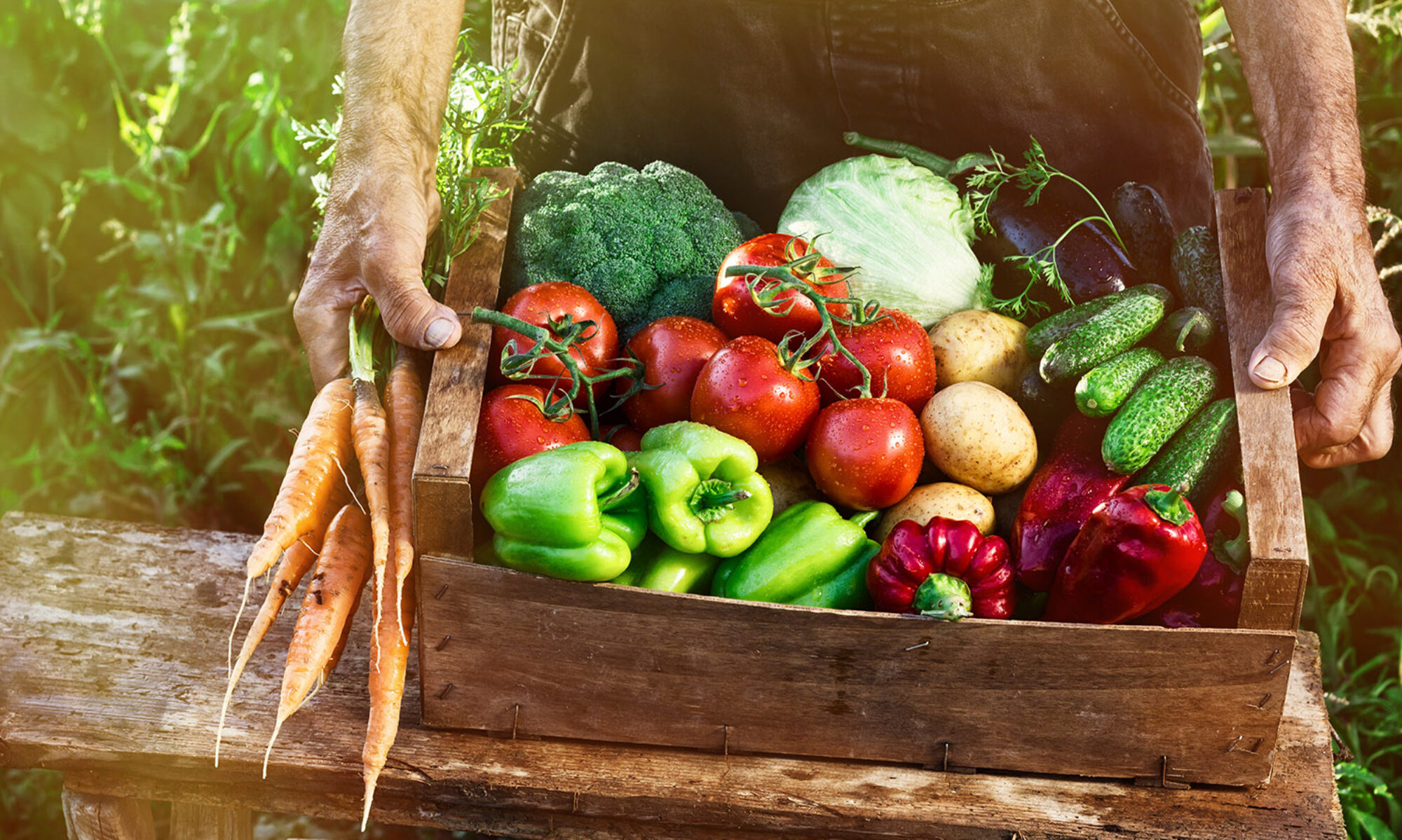Written by Alicia Stoklosa, 2L at Elisabeth Haub School of Law at Pace University and FLSN Co-Communications Chair
In April 2019, the New York State Legislature included the state’s first food waste program in the 2020 fiscal year budget. The program is aimed at feeding the hungry and reducing food waste in New York landfills. The Food Waste Diversion Program will require certain restaurants and supermarkets to donate still edible food to organizations that provide meals to the disadvantaged. Remaining food scraps will be disposed of via a variety of composting options to create fuel to reduce New York State’s carbon emissions.
Composting is hardly a new idea, but this is a colossal initiative for a state government to endorse. New Yorkers alone produce around four million tons of food scraps per year. While the affluence of New York City and surrounding areas such as Westchester County (home of the Elisabeth Haub School of Law at Pace University) are well known, 1 in 5 Westchester residents and approximately 300,000 Long Islanders are food insecure. The Legislature and Governor Cuomo’s plan to provide critical food support to approximately three million New Yorkers and implement a comprehensive food recycling program could also have the impact of taking 37,093 cars off New York roads.[1]
While specific details regarding the program are not yet available, the inclusion of the program is certainly a step in the right direction. With millions of dollars in discretionary federal funding for state and local food waste programs included in the 2018 Farm Bill, the success or failure of New York’s program will likely be analyzed during future Farm Bill appropriations.
[1] https://www.nyserda.ny.gov/About/Newsroom/2017-Announcements/2017-03-16-NYSERDA-Diverting-Food-Scraps-From-Landfills-Produce-Net-Benefit-22M-Annually

